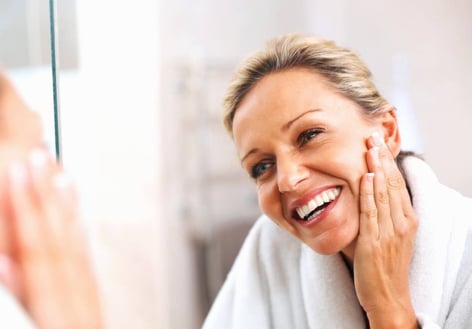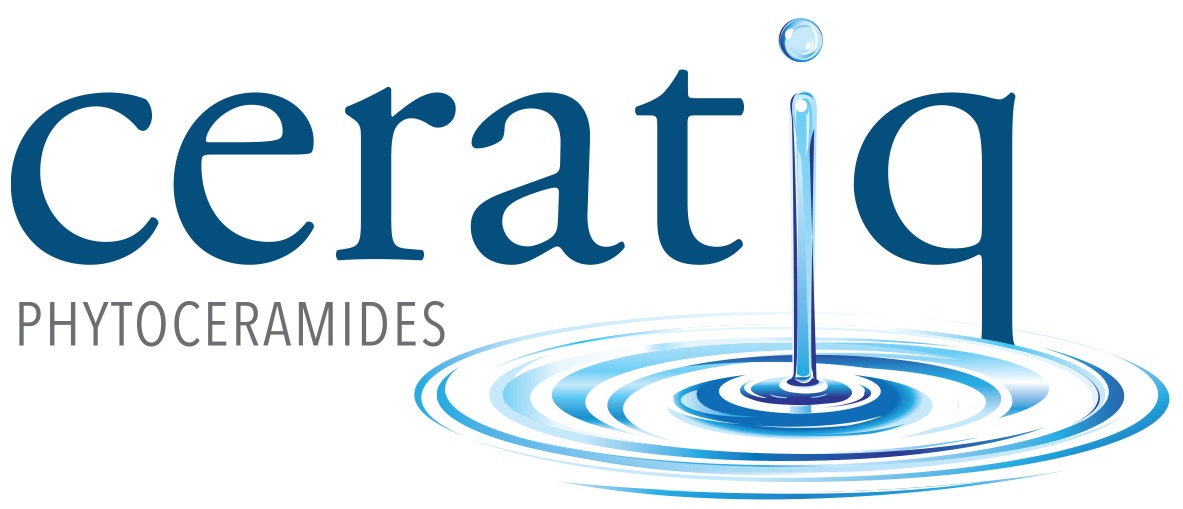-
Ingredient SolutionsQuickly narrow your search. Browse products in our sortable catalog. View Catalog
-
ApplicationsQuickly narrow your search. Browse products in our sortable catalog. View Catalog
-
ResourcesRecently Posted
-
PLT People & Planet
-
About
Our international network, passionate team of experts and extensive industry knowledge is what sets us apart.
 Seth FlowermanCEO
Seth FlowermanCEO
Wheat Extract Oil (WEO) Attenuates UVB‐Induced Photoaging via Collagen Synthesis in Human Keratinocytes and Hairless Mice – American Society for Nutrition (ASN) Poster

Wheat Extract Oil (WEO) Attenuates UVB‐Induced Photoaging via Collagen Synthesis in Human Keratinocytes and Hairless Mice
Barbara Davis, Dong Ju Son, Jae Chul Jung, Yong Min Choi, Hyeon Yeol Ryu, & Somin Lee
PLT Health Solutions Inc., Morristown, New Jersey
Chungbuk National University,Chungbuk 28160
Korea Life Science Research Institute NOVAREX Co., Ltd, Cheongju 28126, Korea
Korea Conformity Laboratories, Incheon 21999, Korea
Presenting Author, Barbara Davis
Abstract
The efficacy of wheat extract oil (WEO), standardized to glucosylceramides, for protecting against ultraviolet B (UVB)‐induced damage of skin barrier function was assessed using the SHK‐1 hairless mouse model and two human skin cell lines, namely, CCD‐986sk and HeCaT. The ability of repeated oral administration of 30, 60, and 120 mg of WEO/kg/day for 12 weeks to prevent skin damage of SKH‐1 hairless mice induced by UVB irradiation was evaluated. The results demonstrated that UVB‐induced water evaporation (transepidermal water loss, TEWL) was significantly decreased by WEO. Similarly, UVB‐induced losses in moisture and skin elasticity were improved by WEO supplementation. WEO attenuated the tissue procollagen type I, hyaluronic acid (HA), and ceramide reductions induced by UVB treatment as well. Collagen concentrations in skin tissue were increased in the WEO‐treated mice, while UVB‐induced epidermal thickening was reduced. In vitro studies using HeCaT human keratinocytes confirmed increased HA and collagen synthesis in response to WEO treatment. This may occur via WEO suppression of matrix metallopeptidase‐1 (MMP‐1), since its induction by UVB treatment was diminished in treated CCD‐ 986sk cells. Oral administration of WEO improves skin barrier function in UVB‐irradiated mice by attenuating damage typically observed in photoaging. This research further clarifies the clinical benefits previously observed by dietary WEO consumption.














